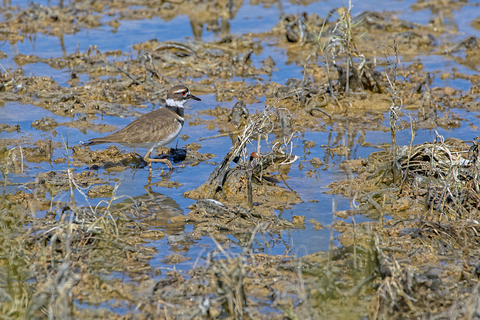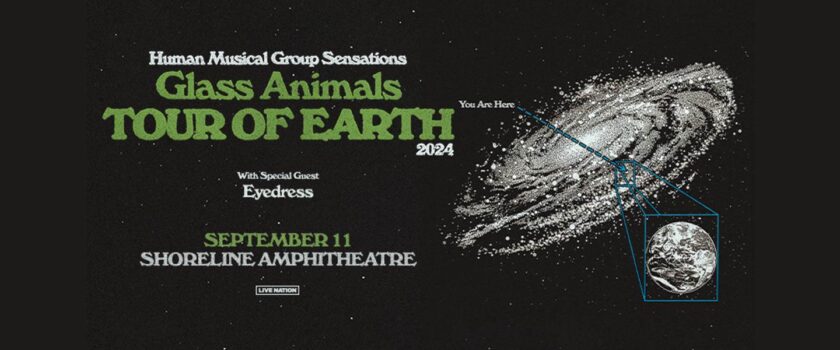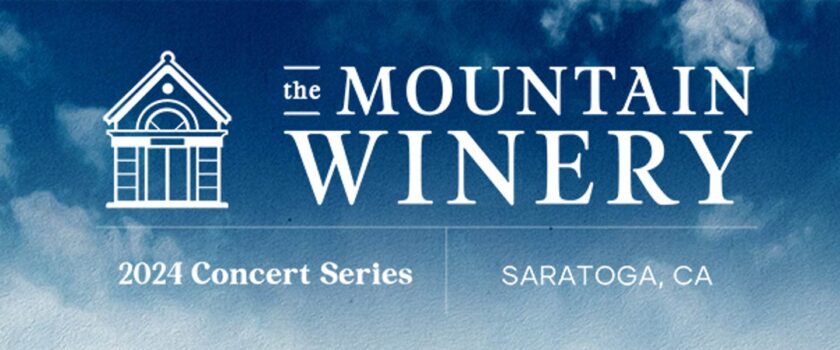Living With Animals: Drain the Swamp?
By Hope Bidegainberry on September 14, 2018
Terrifying, horrifying, paralyzing, frustrating, even entertaining: no matter which side of the political street you call home, this is a unique moment in our nation. However, while my beat is the animals rather than politics (and I do thank the heavens for that!), there’s an expression we keep hearing in a political context that deserves some review from an animal perspective. Drain the swamp. Separate from the metaphor it has become, from a literal sense is that really such a good idea?
No, most decidedly it is a bad idea. Swamps, wetlands, bogs and marshes are natural spaces that hold water much like a sponge, thereby controlling flooding and purifying natural waterways. Nature and native wildlife thrive in these land-water intersections and they play a critical role for life on the planet. The Wragg Swamp was drained half a century ago to allow for the expansion of Mobile, Alabama. Replacing this shallow, water-soaked, natural feature with impervious concrete and asphalt (and all that was then built on those surfaces) resulted in massive pollution of both water and air qualities, but let’s not just pick on poor Mobile. Half or more of the original 220-plus million acres of wetlands in the continental U.S. have been destroyed, with another quarter-million acres or more a year continuing to fall to development.
Mosquitos and politicians are two of the most reviled lifeforms on the planet. Politicians live in Washington DC, which, despite the common belief, actually never was a swamp. Swamps are home to mosquitos and mosquitos spread dangerous diseases, but mosquitos are not the only ones who live in swamps. Swamps are also home to – and essential for the survival of – many species of birds, fish, amphibians, reptiles as well as plants and trees. Florida without the Everglades and Okefenokee, just to pick an obvious example, suffers far worse than a drop in tourism. Draining swamps means the death of wildlife, degradation of air and water, and increases in dangerous flooding but not the lessening of political backstabbing and anger. I say keep the swamps.









